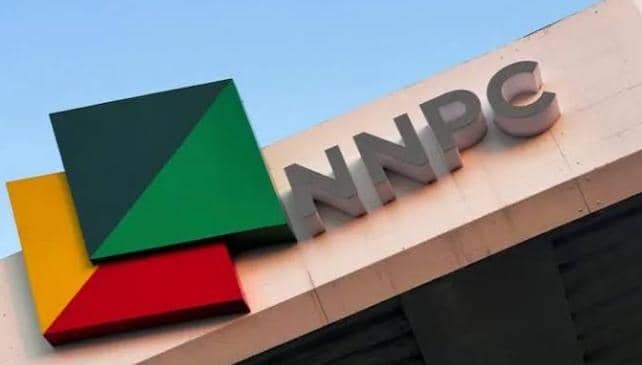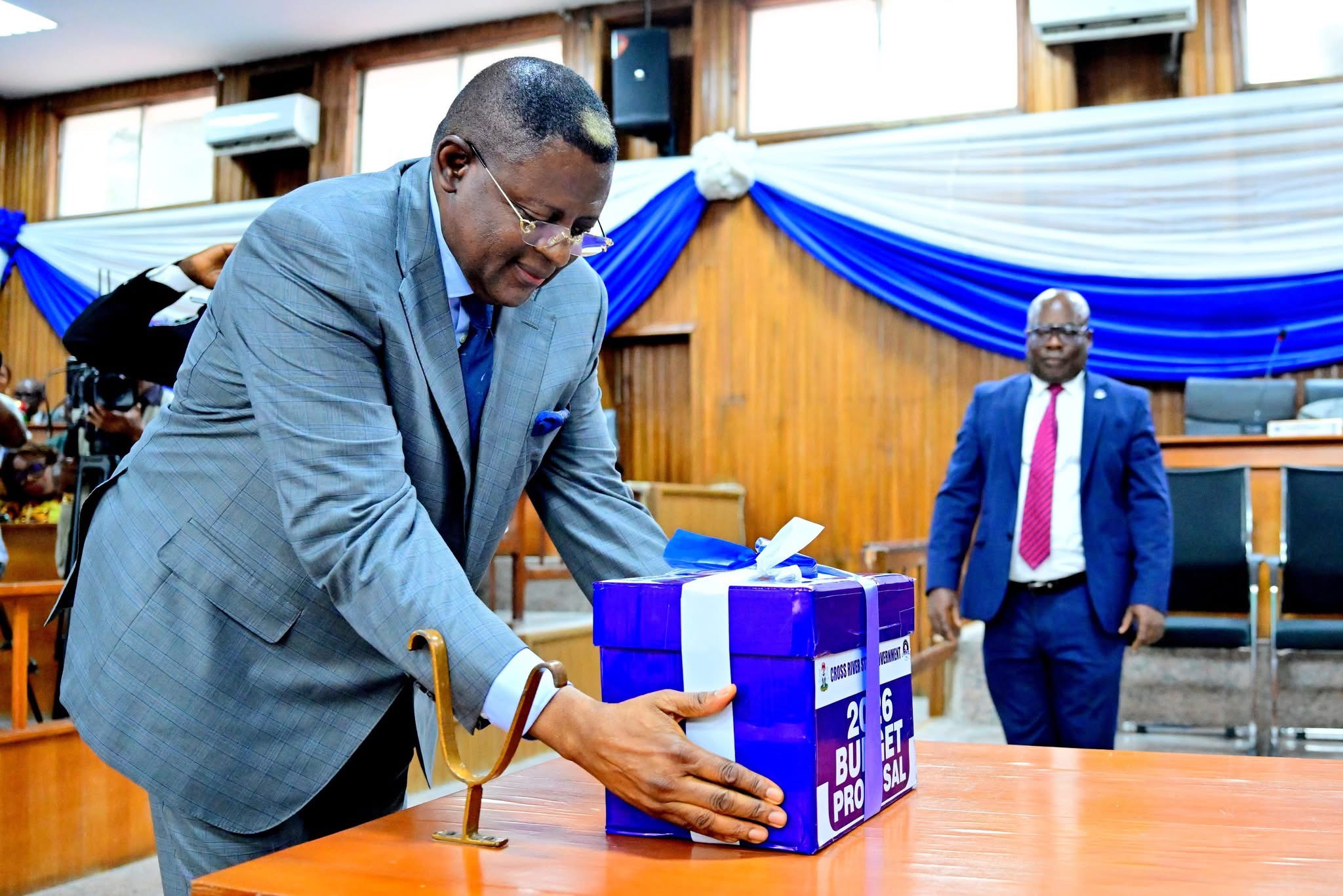Port Harcourt Petroleum Refinery begins Operations
The Port Harcourt refinery, with a production capacity of 60,000 barrels per day, is now operational and producing various refined petroleum products, including diesel, kerosene, and petrol.
Festus Osifo, The Petroleum and Natural Gas Senior Staff Association of Nigeria National President, confirmed this development.
He confirmed this at the association’s National Executive Council meeting held in Abuja on Tuesday, the 3rd of December, 2024.
“The confirmation I have today is that the refinery is working,”
Osifo stated, as he reeled out the production processes at the plant.
Providing clarifications after receiving feedback from PENGASSAN members who work at the refinery.
Osifo confirmed that the facility is operational but requires additional maintenance to be completed.
He said the association, in collaboration with NUPENG, is a member of the steering committee and is fully aware of everything going on in the facility.
The PENGASSAN president added,
“The processes are not really much of our concern, as they don’t affect the man on the street.
But what people want to know is if we are getting PMS from the refinery and the answer is yes.
We are still pushing that the new one comes onstream and then the Warri Refinery will be our next project”.
Port Harcourt Refinery Operations and Petrol Prices.
However Osifo emphasized that the resumption of operations at the refinery would not immediately reduce petrol prices.
There have been serious contentions over the operation of the newly rehabilitated refinery after its much-celebrated commencement of production.
The current value of the naira against the dollar is a significant factor in determining the price of refined products.
“The operation of these refineries will create jobs and boost the economy, but overall, will it bring down the cost of PMS (petrol), AGO (diesel), and DPK (kerosene)? The answer is no. The reason is because of the weakness of our currency”.
“So, the greatest challenge is the weakness of our naira, and we have advocated this over and over again.”
With the naira exchanging at 1 dollar to N1,700, the cost of goods in the market will remain high.
Petroleum Industry Challenges in Nigeria.
The Petroleum and Natural Gas Senior Staff Association of Nigeria (PENGASSAN) is also tackling oil companies that prioritize expatriates for job opportunities while neglecting qualified Nigerians.
The growing trend of employing foreigners, mainly Indians, contradicts local content regulations.
Osifo also stated that the association is preparing for a face-off with oil companies that are prioritising expatriates for job opportunities while neglecting to hire qualified Nigerians.
He said the growing trend by companies to employ foreigners, mainly Indians, is contrary to the local content regulations.
These local regulations seek to increase local content participation to 70 per cent by 2027.
He stressed that many companies have abused the expatriates quota outlined by the government.
Thus, fuelling unrest and resentment among Nigerians who feel excluded from opportunities in their industry.
He said,
“A pressing concern is the high number of expatriates in Nigeria’s oil and gas industry, mainly from India.
While skilled foreign workers contribute to economic development, the current situation demands attention.
We are not shying away from calling names.
Similar issues to this have been fixed in the past.”
The Petroleum and Natural Gas Senior Staff Association of Nigeria Concerns and Advocacy.
PENGASSAN is advocating for the government to address the weakness of the naira, which is a significant challenge facing the petroleum industry.
The association is also pushing for the operation of other refineries, such as the Warri refinery, to create jobs and boost the economy.
Kindly share your thoughts with us in the comments section below.
Subscribe to our Newsletter to stay updated.
You can also follow our updates on WhatsApp by clicking this Link.







